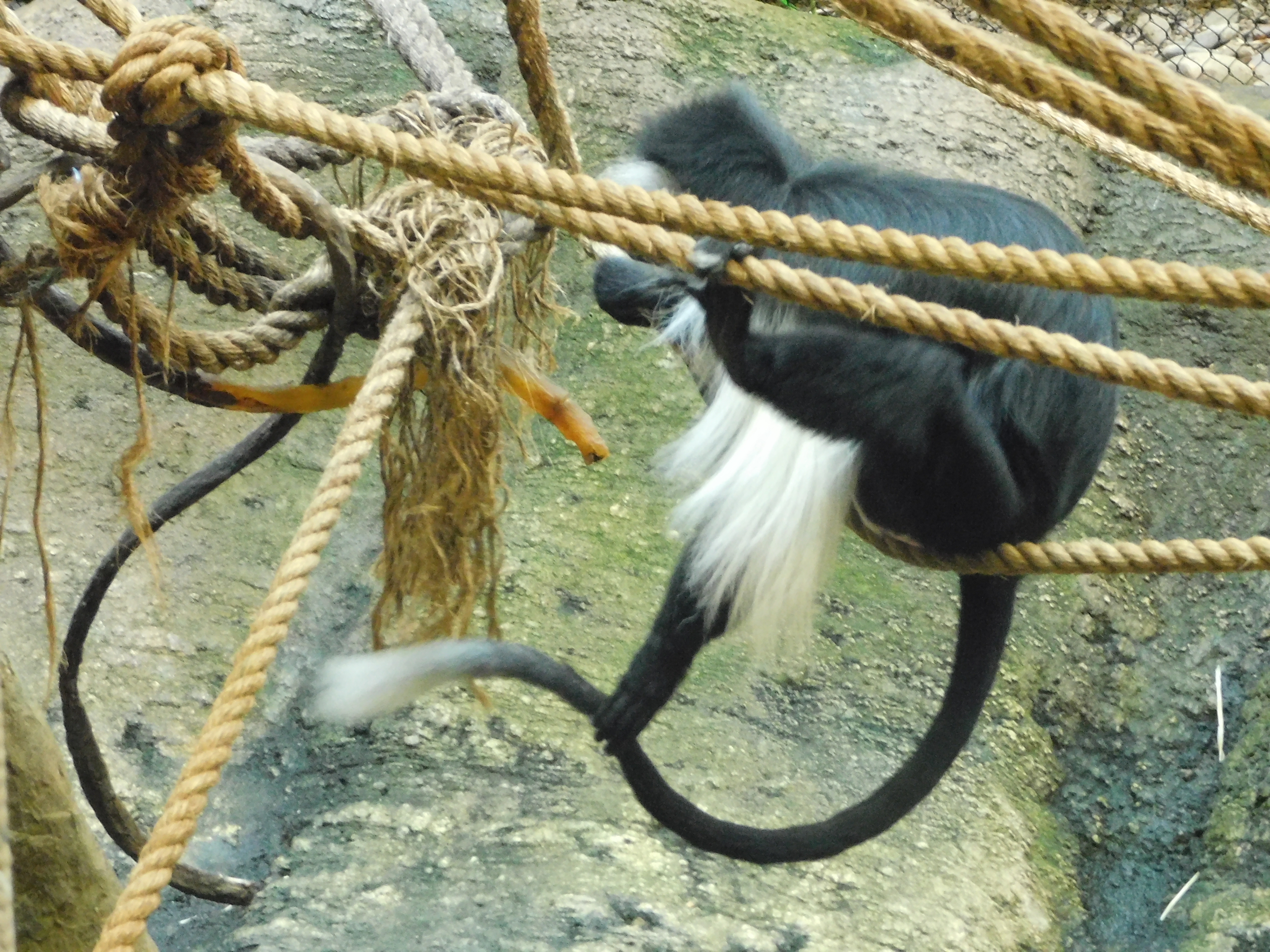Because what’s a journey without milestones?
This week’s started slowly for me, which is good. I’ve had the chance to give my story a final revision, and the feedback’s been positive. It’ll be ready for press within a couple days.
I’ve also had a chance to finish another read-through of Harry Potter and the Order of the Phoenix. Look forward to that post—I’ve dug a bit deeper than I usually tend to, with hopes of discovering things other readers haven’t. Harvest has been scarce but fruitful, nonetheless.
So then, what’s next? As much as I enjoy writing short fiction, I’ll be giving my novel the attention it deserves. The dust on its cover has layered, and it’s been patient for three years, begging for a rewrite.
There’s something else to report as well. This is something that I don’t usually like to do. But I’ll do it now, and I’ll do it shamelessly: I’ve recently published four works exclusively on Kindle. They’ve been included in Kindle Unlimited, so if you’ve already paid for the website’s subscription services, you can read them free of charge.
I’ve waited to reveal the plug for nearly a month because this week, they’ll be on sale for the holiday. If you don’t subscribe to Kindle Unlimited, you can pick the following works up to half off:
- KokoShadow: A Local History and Comparison of the Ku Klux Klan in Indiana—This was originally a portfolio submitted as my senior capstone in attaining my bachelor’s degree. The story of the KKK in is told through various poems, and several connections are made between their politics and the politics of today.
- Hindrances—This is one of my short stories originally published in Field: A Journal of Arts and Sciences, but as the second edition of the magazine is out of print, it is exclusively available through the Kindle store. It follows Shannon, the losses she experiences, and the changes in her they ultimately cause.
- The Wild Divulge—Another collection of poetry, this portfolio includes original and group-oriented works ranging from sestinas to sonnets. Subject matter varies. (This was my first real attempt at taking any sort of poetry seriously, aside from what I’ve written for leisure.)
- Banning the Blind: A Marxist and Foucauldian Analysis of Jose Saramago’s Blindness—Another work originally published through Field: A Journal of Arts and Sciences, this essay explores Jose Saramago’s Pulitzer-winning novel and analyzes the implications of societal structures and the power they hold over the average citizen.
If you decide to download them free of change, no hard feelings. I do this for the love of writing, not for the doll-hairs. When I’ve got something good, I want to share it. But a guy’s also gotta eat.













